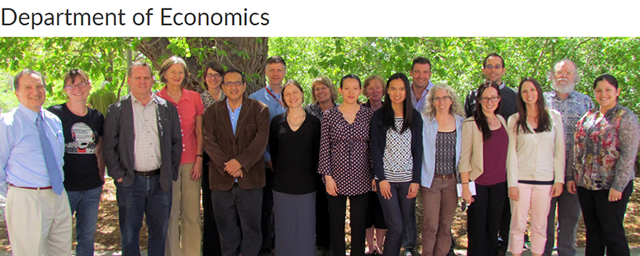
Economics ETDs
Publication Date
7-1-2011
Abstract
A generalized framework of Economic Analysis of natural and man-made disasters is applied to the estimation of business interruption losses associated with an oil spill. Specifically, this framework is applied to the Deepwater Horizon incident which occurred on April 20, 2010 and resulted in the extensive fouling of the Gulf of Mexico waters and the associated coastline. The region of analysis is the coastline extending east from Louisiana to the Pan-handle of Florida. Economic impacts were measured as business interruption losses reported as lost Gross Domestic product at the county, state, and national level. Short-run economic impacts were evaluated using the Regional Economic Accounting Tool, based on Input-Output methodology, for business interruptions of less than one year. Medium- and Long-run economic impacts were estimated using the Regional Economic Models, Inc. REMI. The REMI Model is a dynamic hybrid model that combines econometric, input-output, and computable general equilibrium equations to estimated economic impacts. Regional economic impacts, as measured by loss GDP, were found to be of more concern than national impacts.
Degree Name
Economics
Level of Degree
Masters
Department Name
Department of Economics
First Committee Member (Chair)
Santos, Richard
Language
English
Keywords
oil spill, business interruptions, natural disasters, manmade disasters, disasters, economics of disasters, disaster economics, deepwater horizon
Document Type
Thesis
Recommended Citation
Vargas, Vanessa. "Estimated Business Interruptions Losses of the Deepwater Horizon Oil Spill." (2011). https://digitalrepository.unm.edu/econ_etds/28
